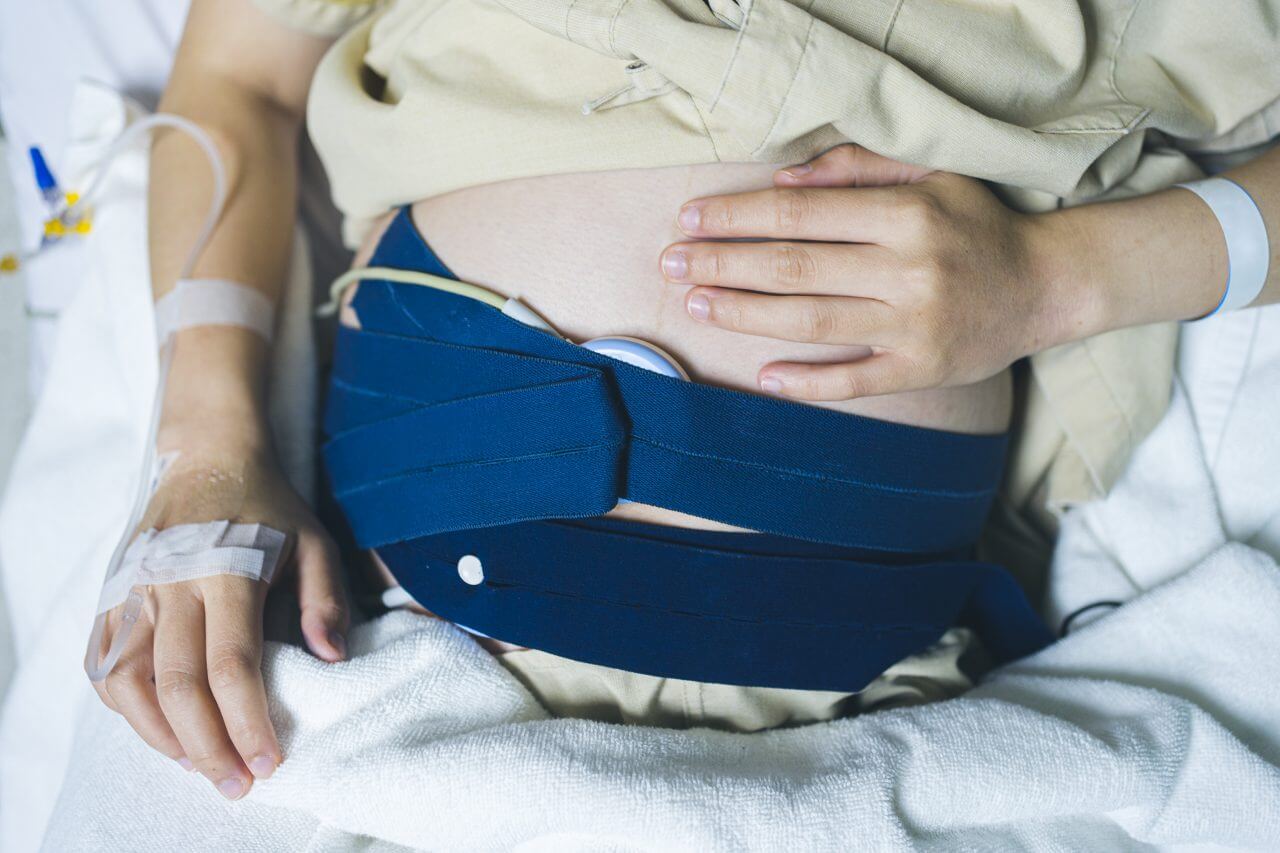5 Facts About Fetal Alcohol Syndrome

Fetal alcohol syndrome (FAS) is a condition in which a child is affected by exposure to alcohol during the mother’s pregnancy. Alcohol enters the pregnant woman’s bloodstream and crosses the placenta to the baby. A baby’s body doesn’t break down alcohol as quickly as the mother’s does, so what may seem like a small amount to her can harm the unborn child.
Alcohol interferes with the delivery of oxygen and nutrition, and the result can include damage to the brain, tissues and organs, as well as growth and development issues. These physical defects are not reversible. The degree to which a child is affected depends on the amount of exposure.
What You Should Know About Fetal Alcohol Syndrome
FAS is a complex condition, but here are five of the most important things you should know about it:
- As noted above, the physical health issues caused by FAS cannot be reversed. Therapies and treatments for the various behavioral aspects of the condition can help minimize their impact, but there is no “cure” for FAS.
- FAS causes physical defects. They include facial deformities such as small eyes; thin upper lip, short, upturned nose; vision and hearing problems; limb, joint and finger deformities; small brain size and head circumference; heart defects; and problems with bones and kidneys.
- FAS causes problems with the brain and central nervous system. They include learning disorders, intellectual challenges, and poor memory; hyperactivity; poor judgment; rapid mood changes; problems with attention, reasoning and problem solving; and poor balance and coordination.
- FAS causes behavioral and social issues. This can include educational challenges; poor social skills and problems with interpersonal relationships; poor impulse control; and problems with defining and working toward goals.
- FAS is completely preventable. If a woman does not drink during pregnancy, FASD will not occur. There is no amount of alcohol that is known to be safe to consume during pregnancy.
Prevention and Treatment of Fetal Alcohol Syndrome
In order to prevent FAS, women who are pregnant or considering becoming pregnant should not consume alcohol. Injury to an unborn child can occur at the earliest stages of pregnancy. If you have, or think you have, an alcohol dependency, it is crucial that you treat that condition and have it under control before you become pregnant. If you have become pregnant and can’t stop drinking, talk with your doctor or mental health professional immediately so they can provide help.
If you suspect that your child may have FAS, let their doctor know right away. Do not wait to see if symptoms develop. The sooner a treatment plan is developed, the better the outcome will be for your child.



